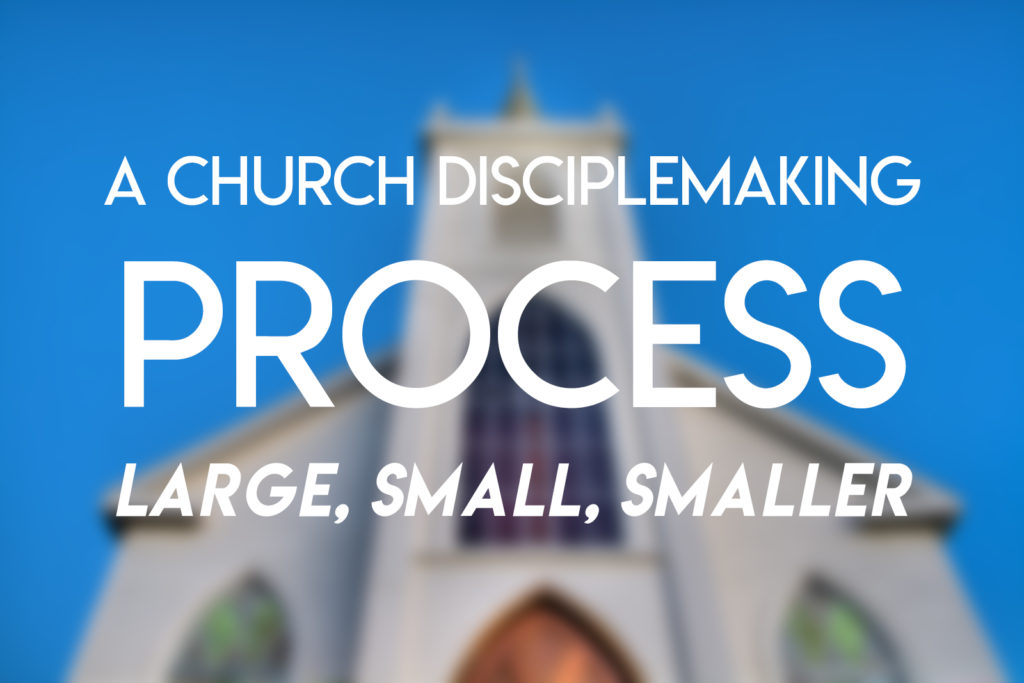
I regularly hear church leaders say, “We need to reach young adults,” usually in a church that is struggling to reach and keep young adults. If this is your church, there is hope! Here are three suggestions for reaching young adults.
1. Listen
Listen to God. Why does he want to reach young adults? How has he led you to desire to reach them? How would he have you proceed?
Listen to church members. To whom else in your church might God be speaking about reaching young adults? What wisdom do others have on the subject? (Someone has probably “tried that before,” right?)
Listen to young adults. Build friendships and hear what they are saying about faith and church participation. Avoid the urge to tell them what they should be doing differently. Make sure you are not approaching young adults with a target mentality. Young adults are not a project or a goal to achieve, but individuals to be valued, heard, and loved.
2. Evaluate
What are the possibilities for your church? There certainly nothing wrong with dreaming big, but if there are few young adults in your community or few in your church today, then starting one group or hosting a meal with young adults may be a great start! Your local Baptist association or state convention may be able to provide a demographic study that will help you understand the possibilities, or you can look for yourself at the US Census data for county population characteristics here.
Evaluate the desire of your church’s leaders and members to (1) give up some comfort and control (favorite pew, decision-making, programming, finances, traditions), and (2) mentor and bless new young leaders. These two areas may reveal the biggest barriers to reaching young adults. If you reach young adults but are not ready to invite them into significant ministry and leadership roles, they are likely to go elsewhere.
3. Get to work
Based on 1 and 2 above, recognize that simply starting a young adult class/group or adapting worship style will not reach young adults. Spiritual, relational, and organizational effort is needed.
Spiritual – Invite existing adult groups to pray regularly for young adults as well as you or others who are leading your church’s efforts to reach them. Pray for opportunities to meet needs and share the gospel.
Relational – Weddings, births, kids’ sports, Vacation Bible School, fall festivals, and other events provide natural points of connection with young adults. Be intentional in using these opportunities to begin new friendships. Invite two or three young adults to meet you for breakfast to discuss plans for starting a young adult Bible study. Ask other church members to make a point of getting to know young adult neighbors.
Organizational – Start a new Sunday School class or small group when a core group of young adults are ready to begin. In the meantime, develop one to four young adults through a personal discipleship group or less formal get-togethers. As you reach young adults, invite them to serve in the church. Young adult guests who see young adult greeters, ushers, committee members, and ministry leaders are more likely to believe your church has a place for them, too.
David Adams
Director of Discipleship
Texas Baptists



